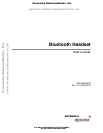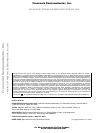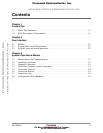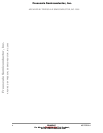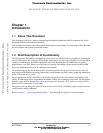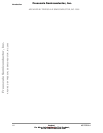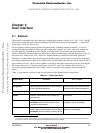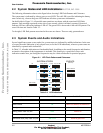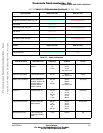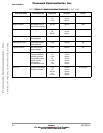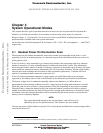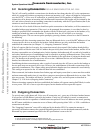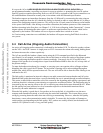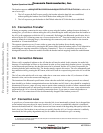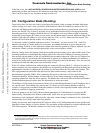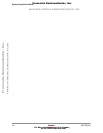
ARCHIVED BY FREESCALE SEMICONDUCTOR, INC. 2005
ARCHIVED BY FREESCALE SEMICONDUCTOR, INC. 2005
MOTOROLA Introduction 1-1
Preliminary
Chapter 1
Introduction
1.1 About This Document
This document is the user’s guide accompanying the headset included with the Development Kit for the
Bluetooth Platform Solution from Motorola.
This introduction includes a brief description of the headset functionality. The following sections describe
the user interface and system operational modes.
1.2 Brief Description of Functionality
The Development Kit headset is designed for connection to any Bluetooth device capable of assuming the
role of a Bluetooth Audio Gateway (AG) and thus supporting a very basic set of features. An AG should be
capable of establishing a data link to the headset up to and including the RFCOMM layer, as well as
establishing a voice link. However, to facilitate easy testing, the headset will not require the RFCOMM
link to be established before a SCO connection can be made.
The headset supports the full Headset profile, and can be paired with up to two AGs at a time. Any AG
may connect to the headset (incoming connection), but the headset can only connect (outgoing connection)
to the AGs to which it is paired.
When connected at the RFCOMM level, the headset repeatedly monitors the battery status and the link
quality. If either drops below programmed thresholds, audible user warnings are activated. The link quality
measure is also used to determine the voice packet type used. Normally, HV3 packets are used, but HV1
packets will be used in case of weak links.
The system state can always be observed from the two system LEDs. In addition, major system events are
visually and/or audibly indicated.
Refer to Chapter 3, “System Operational Modes,” for a thorough description of system operation.
Freescale Semiconductor, I
Freescale Semiconductor, Inc.
For More Information On This Product,
Go to: www.freescale.com
nc
.
..



